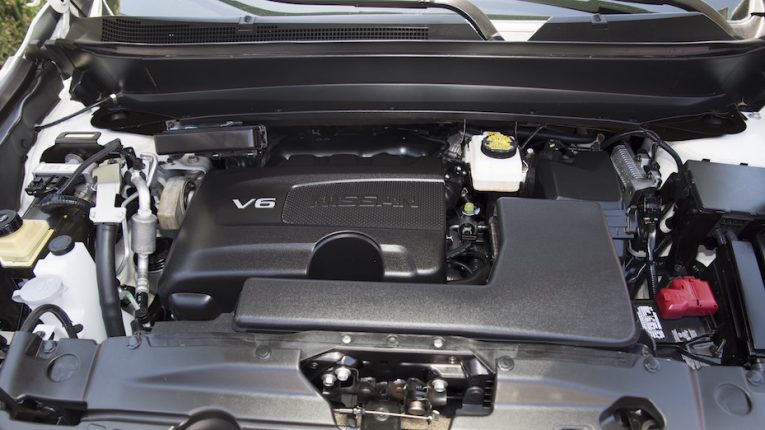
5 Signs Your Diesel Engine Needs Replacement
Diesel engines are generally built to last. However, in some cases, there could be the need for them to be overhauled or replaced. And suppose recently you’ve encountered a loss of power or a decrease in your vehicle’s fuel efficiency. In such a case, it could be a sign telling you that your engine needs replacement.
But aside from that, there are other symptoms you have to look out for, which in some cases may require a discerning ear or for you to have a peek and take a closer look under the hood. In this article, we’ll delve into some of the signs that are generally common to all diesel engines when a replacement is bound to happen. Read on to learn more.
- Engine Won’t Start
This is perhaps the easiest sign to notice. Your vehicle failing to start can be for all sorts of reasons, but where the engine is concerned, it is usually due to low compression.
Without sufficient compression, a diesel engine will not run. Usually, a loss in compression occurs when there is a leakage in one or more of the cylinders. These leakages can occur over time due to wear and tear, and can be a clear indicator that it is time to consider looking for the right garage and mechanic to service your car and facilitate engine replacement.
- Rough Idling
Generally, when you’re idling, your engine is running but not driving; in this case, your car is parked, but the engine is in motion. Idling is usually done to keep the car cool while it’s hot. It could also be a way to warm up your vehicle on cold mornings. And in some cases, some vehicle owners idle to get moving if they run out of gas or need more time before taking off on their trip.
A rough idle, however, is when your car starts vibrating in an inconsistent manner whilst running. There are many ways in which it could do this:
- It can start revving up and down at different intervals, as if in search of something. This is often caused by oil leakages.
- Every few seconds, it tends to ‘miss a beat’; in this case, it’s usually caused by a faulty injector.
- If there are excessive vibrations when idling, it could be caused by a leaky injector or a worn-out timing belt.
- Weird Knocking Sounds From Under The Hood
Whilst no driver likes to hear random sounds coming from their car, hearing them from the engine could prove disastrous. A loud knocking sound from your engine can be an indication of compression failure or bad bearings. Either way, it will need to be checked immediately.
Compression failure usually goes hand in hand with loss of power. Your engine could have leaky cylinders, and this can affect the engine’s output. In such a case, it’s best to see a mechanic and have your vehicle’s engine replaced or overhauled.
- Excessive Exhaust Fumes
The exhaust fumes from diesel engines are more toxic than those of other types of engines. The fumes contain nitrogen dioxide, sulfur dioxide, carbon monoxide, and particulate matter (PM). These can cause breathing problems that range from mild irritation to chronic inflammation of the lungs.
The excessive smoke may go unnoticed, especially as it may not be easily observed as a driver. Depending on the color of the smoke, excessive fumes can mean different problems for your engine.
For instance, if the fumes are blue, it can be an indication that your engine is burning oil instead of fuel. This could be due to incorrect flows somewhere in the engine or leakages. If the smoke is white, it could mean a coolant leakage or broken cylinder liners or heads. In the case of black smoke, this can be a result of excess fuel leaking into the chamber or a damaged air filter. This excess fuel gets burned up and churned out as black smoke.
- Residue Build-Up
When your car engine starts building up oil sludge, it is usually because there is a lack of lubrication somewhere in the engine. Oil sludge is all the wasted oil residue and grime. And in most cases, because most drivers don’t know about oil sludge removal, by the time you notice this build-up, it is usually too late, meaning an overhaul is now required by your engine.
Another related issue is the appearance of metal shavings in the sludge and oil. An indication of friction and lack of lubrication once again. All signs that a replacement is due.
Conclusion
A diesel engine needs to be replaced when repairs aren’t enough. The signs of a bad engine are simple if you know what to look for, but they can also be vague and confusing. With a bit of information and the help of a good mechanic, you’ll be able to identify exactly which issues need addressing and how best to approach them.
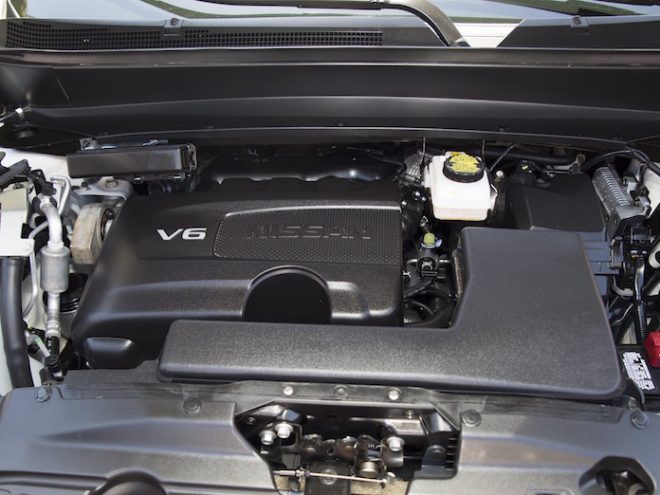
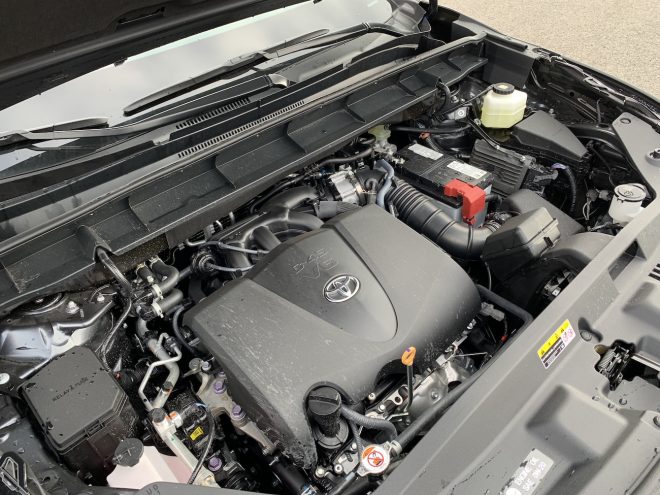
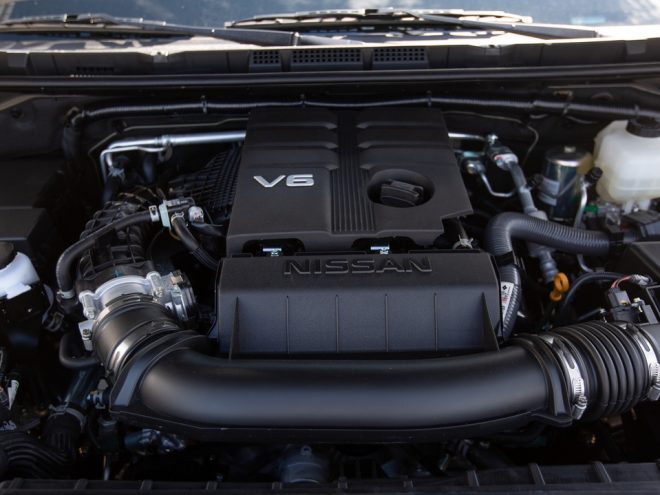
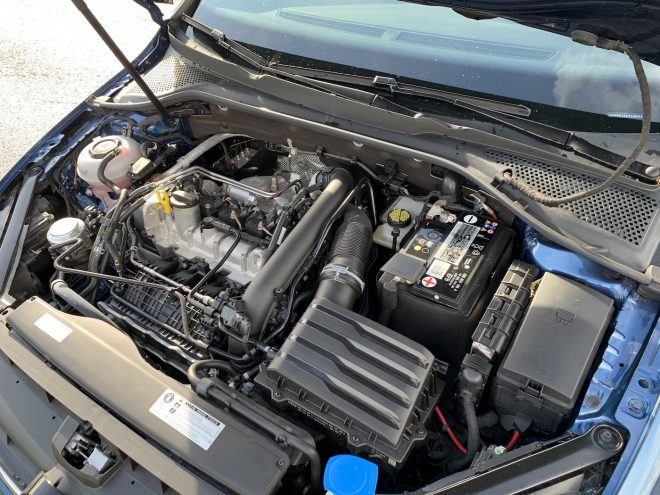
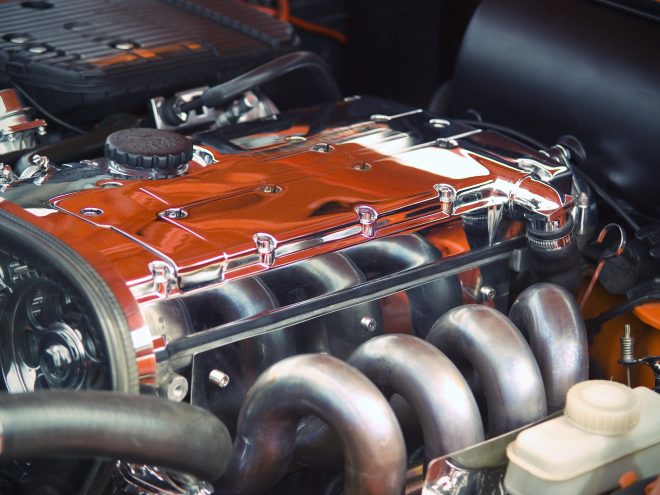




[…] something is wrong with your car, the first thing you should do is to check if there are any warning signs. If you see any, it’s […]